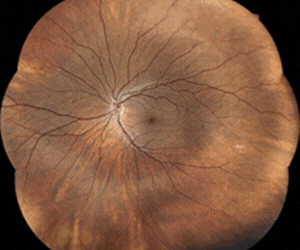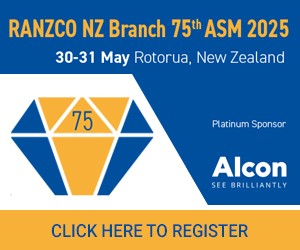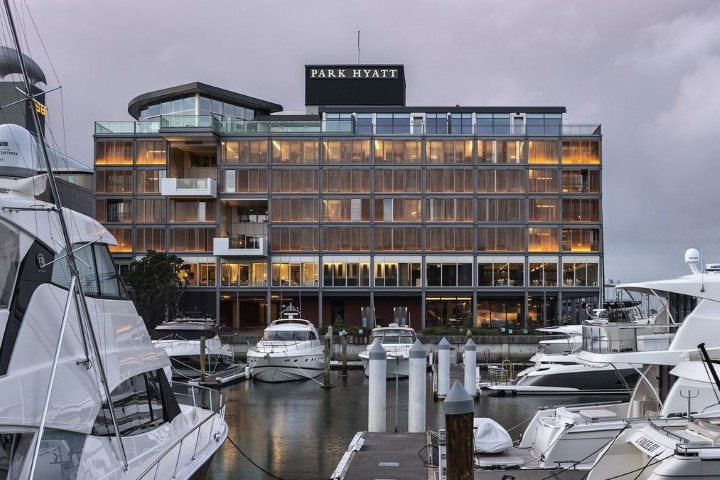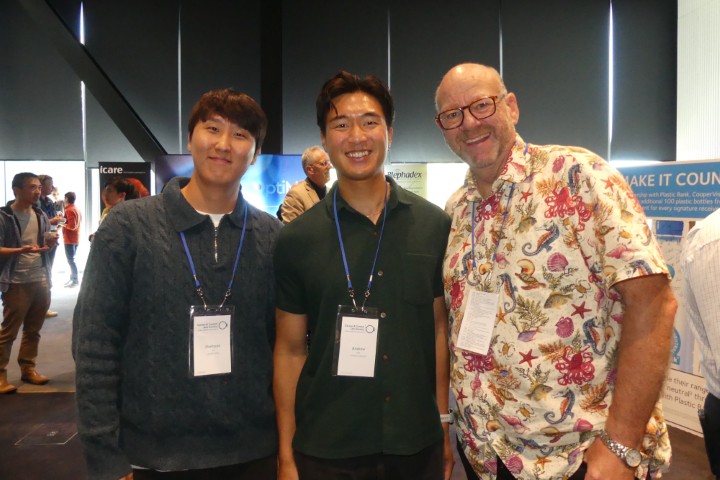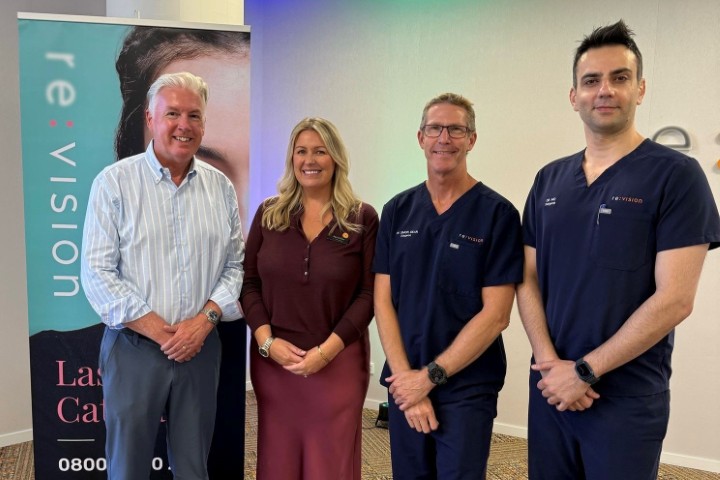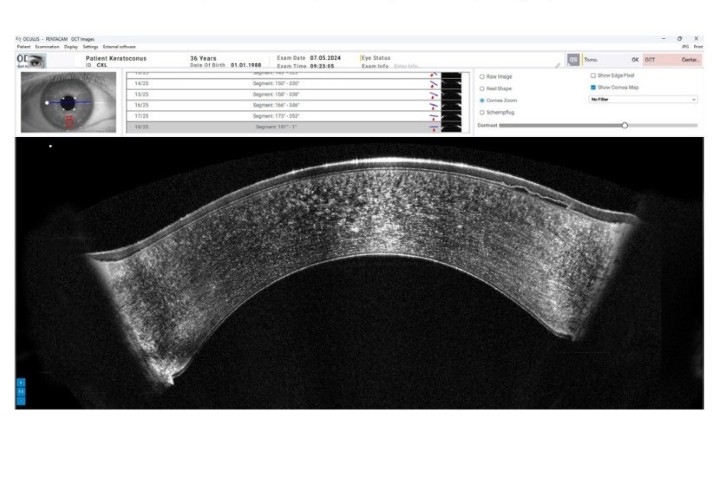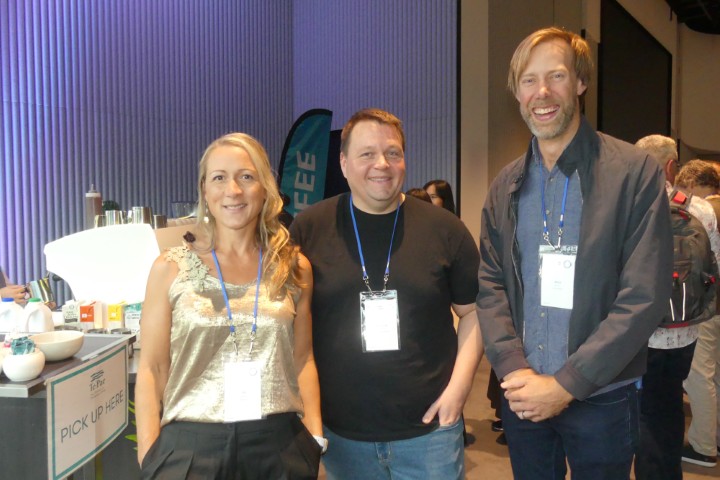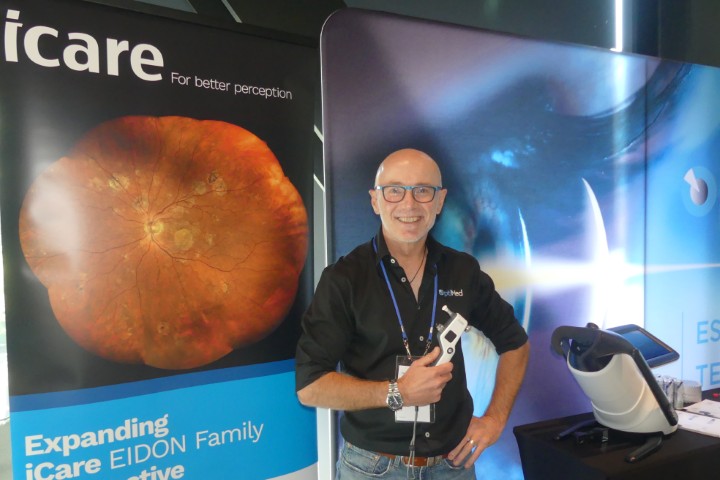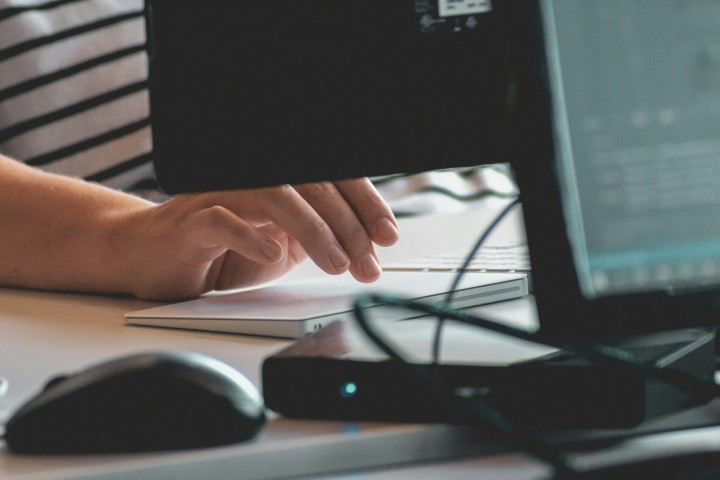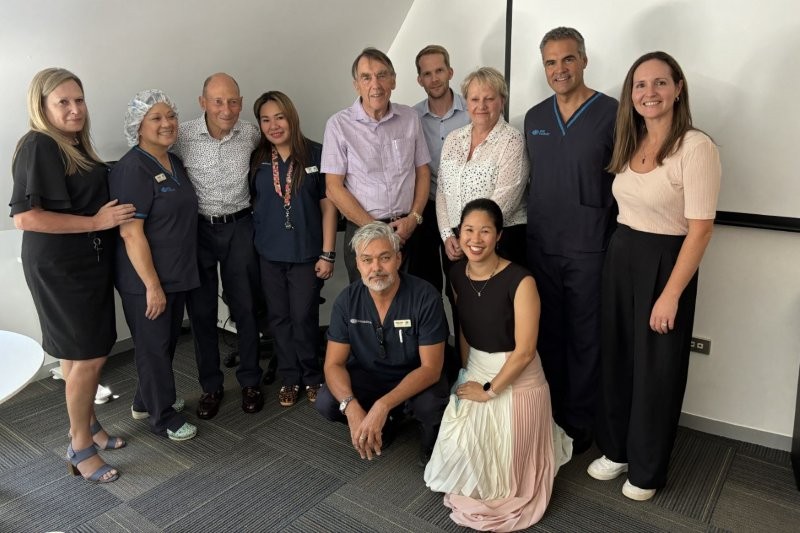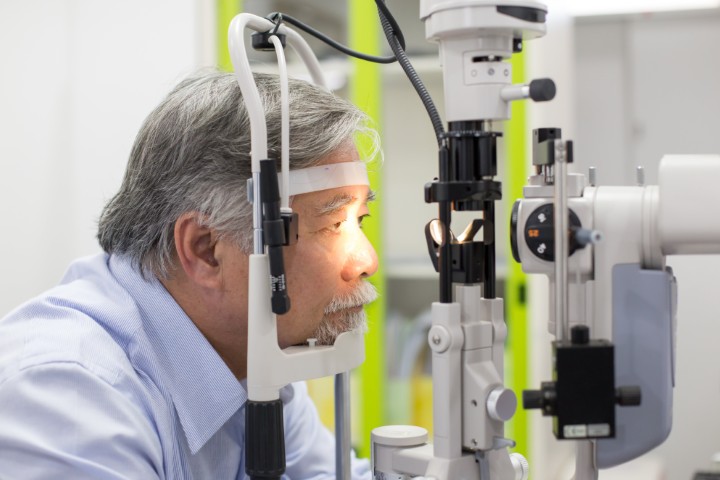Dollars from Dubai to Dunedin for ODocs
Innovative eye care technology enterprise oDocs has scooped a major US$100,000 Dubai World Expo Live Innovation Impact Grant from the United Arab Emirates for research and development work.
Company founder Dr Sheng Chiong Hong, a training ophthalmology registrar in Dunedin, travelled to the Persian Gulf in May to make his pitch to the Dubai Expo team, which had US$100 million on offer for social innovation, science and environmental projects.
New Zealand Trade Enterprise (NZTE) told oDocs about the World Expo innovation grant after the company’s business dealings with the King Saud University in Saudi Arabia. From past grant awards, there’s typically about 7,000 applications, but only 70 successful applicants, said Dr Hong. “We knew there was only a 1% chance of getting it. But with NZTE's endorsement, we went for it anyway. I had a very good feeling after presenting the project in Dubai last month; we had a lot of positive feedback and encouragement. The team here is extremely delighted.”
The US$100,000 grant will be dispatched in two batches allowing oDocs to expand its core research and development team, he said. “We have a post-doctorate computer and software engineer lined up to start with us in August 2019, and we are also hiring a deep learning and blockchain technology expert. The money will allow us to build more software technology that will enhance our smartphone imaging devices.”
About 30% of the grant will also be used to launch a new venture as part of the social enterprise’s expansion plan, he added. “ODocs Eye Care will be entering the pharmaceutical and ophthalmic service market with the goal of launching it as a spin-off start-up, which will go on to attract the right talent and to raise its own capital later this year. We will be making an official announcement when the time is ready.”
Last year oDocs Eye Care released the oDocs nun, a portable smartphone ophthalmoscope, capable of both mydriatic and non-mydriatic retinal imaging. This android-compatible device led to the company’s first international partnership when oDocs signed a deal with Riyadh’s King Saud University, the biggest medical university in the Arab world. The deal also included the university taking on oDocs’ artificial Intelligence platform MedicMind.
In separate news, in another innovative move, oDocs has begun using Bitcoin to do business, joining 12,000 others worldwide, said Dr Hong. “We have just integrated BitPay as a payment mode that accepts Bitcoin as a mode of payment. Cryptocurrency exchanges are getting more common nowadays. We can now buy and sell Bitcoin very easily, and I personally don’t think it’s a bad thing at all.”






